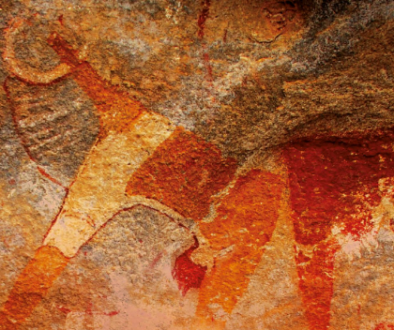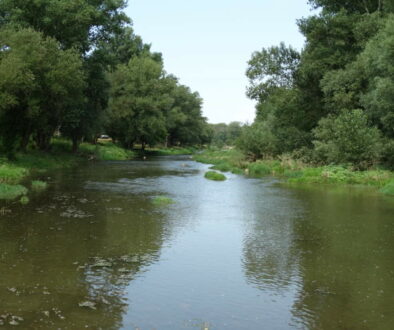Resolutions ot the World Wilderness Congress on sacred natural sites and rights of Nature
Salamanca, Spain4-11 October 2013
The 10th World Wilderness Congress (WILD 10) took place 4-11th October in Salamanca, Spain. International groups and indigenous leaders united at WILD10, calling for increased recognition and protection of Sacred Natural Sites and Territories; for wilderness and conservation areas to be respected as No Go Areas for extractive inbdustries; and for respect of Earth’s Laws and the Rights of Nature. An alert was made of the sheer scale, growth and destructive impacts of mining and other extractive industries; and how they are penetrating into World Heritage Sites, Protected Areas, including Indigenous Peoples’ and Local Communities Conserved Areas and Territories and Sacred Natural Sites. Some of the resolutions are quite relevant in relation with the intangible values of nature, particularly Nos. 6, 11 and 12.
No. 6 – ”Advancing Nature Rights Worldwide”.Proposed by the Earth Law Centre and supported by EnAct International and others, this resolution affirms the significant progress in the development of Earth Jurisprudence and recognition of the Rights of Nature. It calls for a Global Coalition to advance the Rights of Nature in law and practice.
No. 11 – ”Recognising Networks of Sacred Natural Sites and Territories and the Customary Governance Systems of their Custodian Communities as a Distinct Category of Protected Area’‘.Proposed by Gaia, this resolution was supported by organisations including IPACC, TILCEPA, Sacred Natural Sites Initiative and the ABN.
No. 12 – ”Building a Global Alliance to assert ‘No-Go Areas’ for Mining and other Extractive Industries and destructive activities threatening World Heritage Sites, and Protected Areas, including Indigenous Peoples’ and Local Communities Conserved Areas and Territories (ICCAs) and Sacred Natural Sites’‘. This resolution was drafted by Gaia and IPACC, and proposed and seconded by organisations including the IUCN’s World Commission on Protected Areas and the Commission on Environmental, Economic and Social Policy, and inter-commission bodies CSVPA and TILCEPA.




